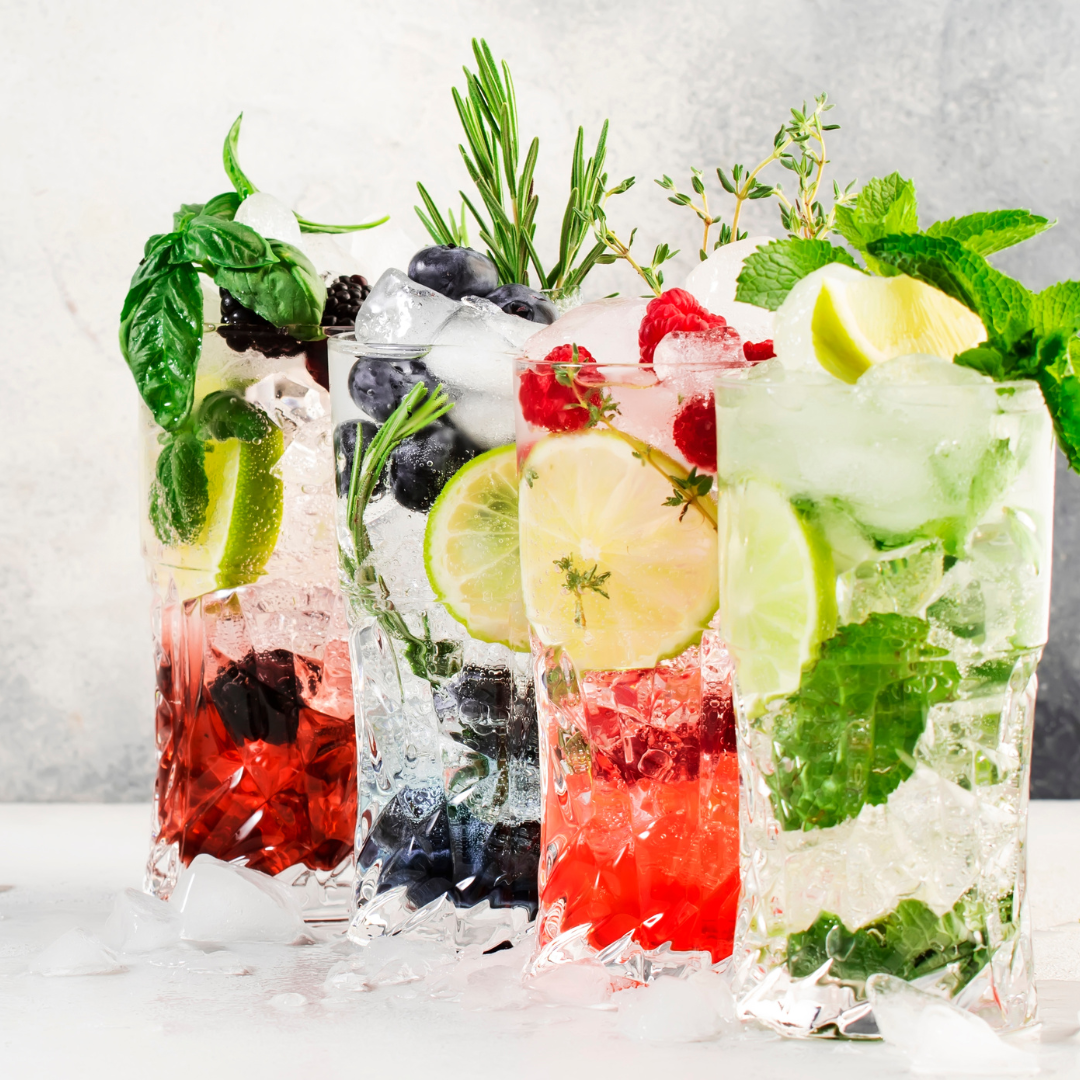The dangerous implications of drinking
By now I hope you have heard of the U.S. Surgeon General’s advisory highlighting the link between alcohol consumption and an increased risk of cancer. This advisory emphasizes the connection between alcohol and at least seven types of cancer, including breast, liver, and colon. Not only that but alcohol is a causal factor in more than 60 medical conditions.
Alcohol and your metabolism
Alcohol has significant effects on your metabolism. It works against your body’s natural processes. When you drink alcohol, your liver prioritizes breaking it down over its other essential functions. This is because alcohol is treated as a toxin that needs to be removed from your system quickly. During this process, the liver temporarily halts its role in metabolizing fats, carbohydrates, and proteins. Over time, this can lead to fat accumulation in the liver, a condition known as fatty liver disease, which can impair liver function and cause long-term health issues. Essentially, alcohol diverts your body's energy away from maintaining a healthy metabolism and focuses it on detoxification.
Alcohol and nutrient absorption
Alcohol also interferes with nutrient absorption, throwing off the balance of vitamins and minerals. Because alcohol irritates the stomach lining and affects digestive enzyme production, your body may struggle to absorb essential nutrients like vitamin B12, folate, and zinc. These deficiencies can weaken your immune system, slow metabolism, and even impact brain health. Furthermore, alcohol can lead to weight gain by increasing calorie intake and lowering your body’s ability to burn fat. Many alcoholic beverages are calorie-dense but offer little to no nutritional value, which can disrupt overall energy balance and contribute to unhealthy weight gain.
Alcohol and chronic diseases
Another key issue is that alcohol disrupts metabolic processes by spiking insulin and blood sugar levels. This can lead to insulin resistance over time, increasing the risk of metabolic disorders like type 2 diabetes. Alcohol consumption has also been linked to an increase in inflammation and oxidative stress, which contribute to long-term damage to cells and tissues. This increases your risk of chronic diseases such as cardiovascular disease, diabetes, and liver disorders.
The benefits of mocktails
Mocktails are a much healthier alternative. You can enjoy social events without the drawbacks of alcohol (hello hangxiety). I understand alcohol is a large part of our social culture and even more in “mom” culture. I wish it wasn’t! But becoming aware, finding alternative ways to wind down, enjoying social events with alternatives like club soda and lime (no one knows what is in your glass!), and limiting to a few drinks on the weekends are all ways to help you reduce intake.
What about clean wine? Is that a thing?
Conventional wine uses grapes that have pesticides and often added sulfites (some sulfites are present in wine due to fermentation). For many people, sulfites are a trigger for migraines. Also, sometimes if grapes are not fully ripe, sugar is added to increase the alcohol content. Biodynamic wine is all organic from the process of growing the grapes to the fermentation process. If you are wanting to reduce exposure to pesticides (linked to issues like endocrine hormone disruption, metabolic problems and diabetes), then choosing biodynamic wines is a good option.
My final thoughts
If you are going to drink, alternate with water. Recognize that alcohol lowers our inhibitions and leads to mindless snacking. Also, are you considering the WHY of your alcohol choices or are you in an automated loop of reactive choices out of convenience or using alcohol to fill some other void or mental health need you are not addressing? Being mindful and intentional of your day to day decisions has the power to increase or decrease your risk for chronic disease - your brain and body will thank you for it! Take action to live your best life.


